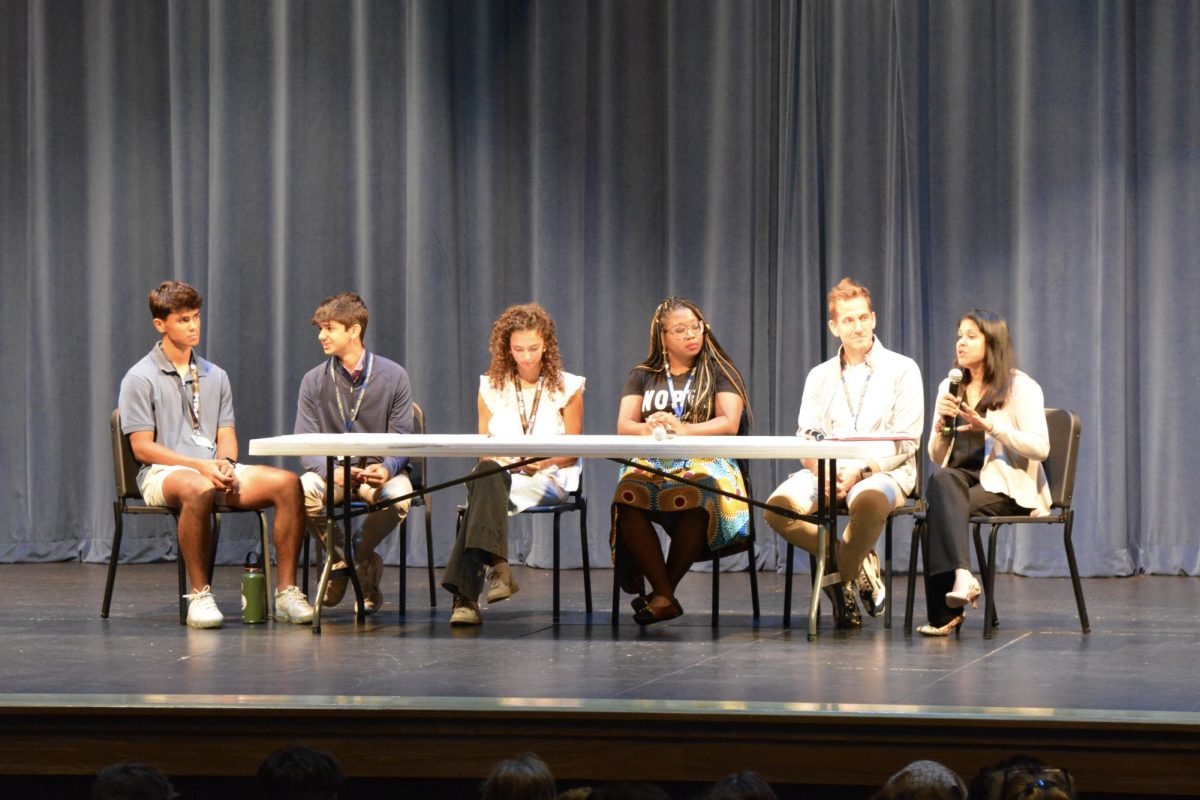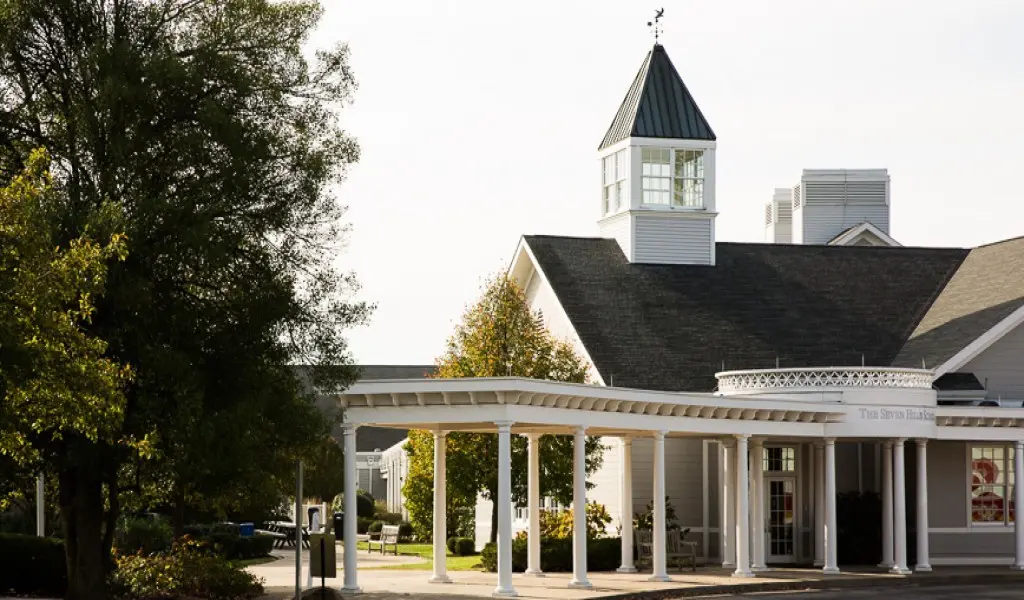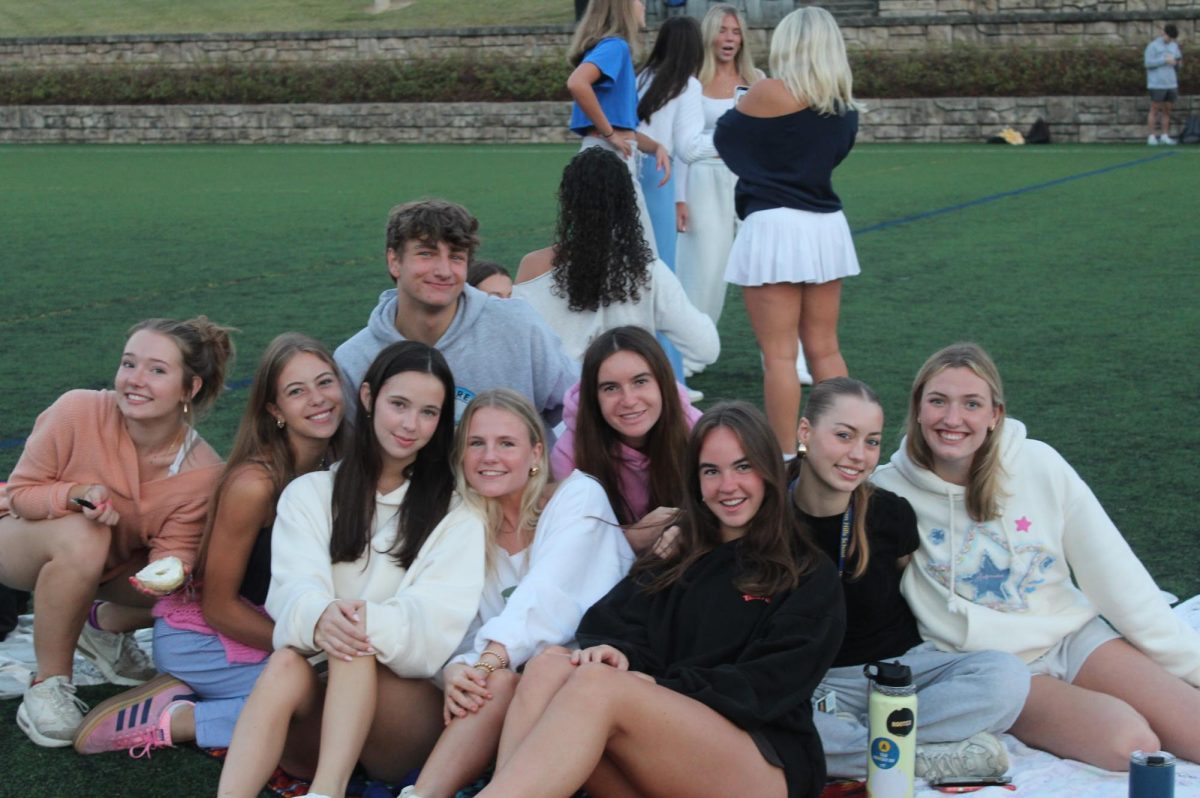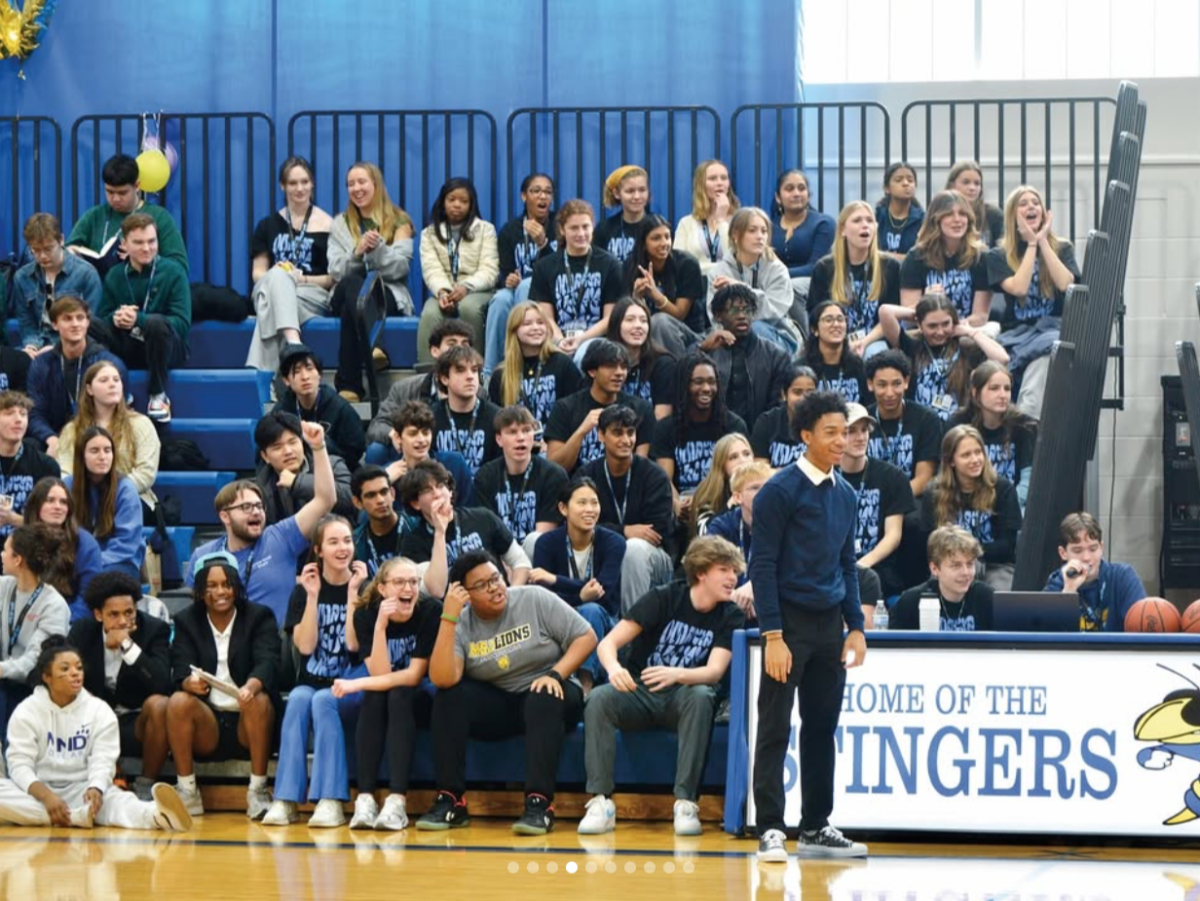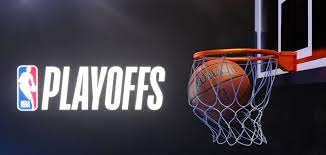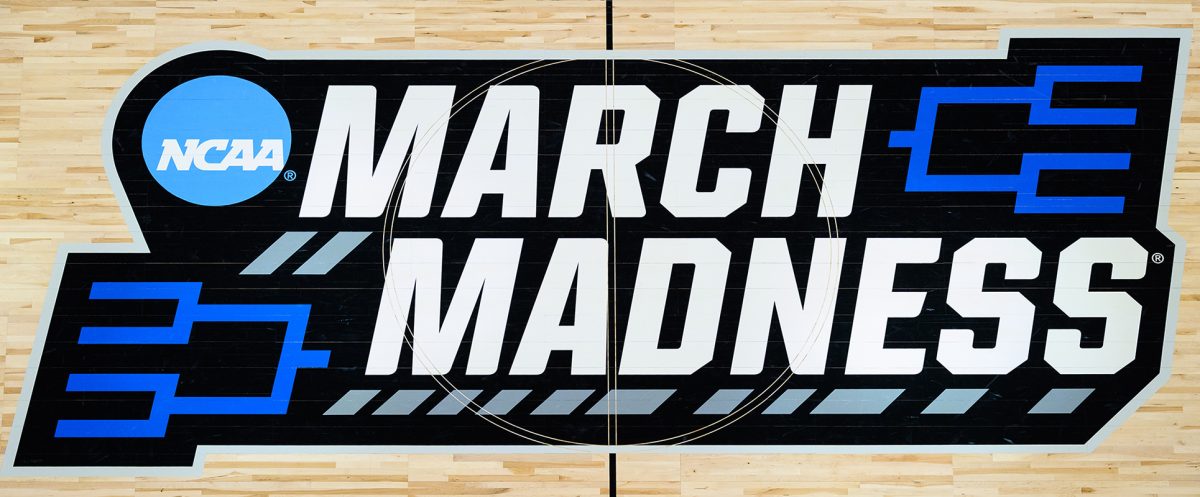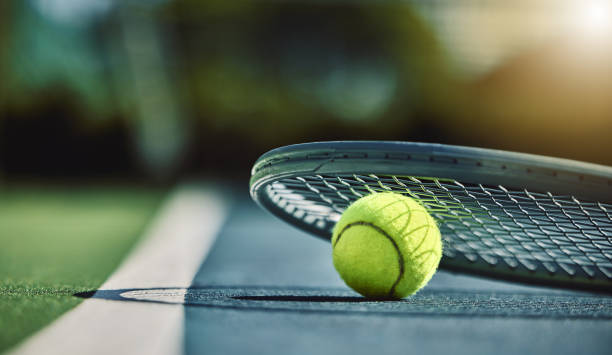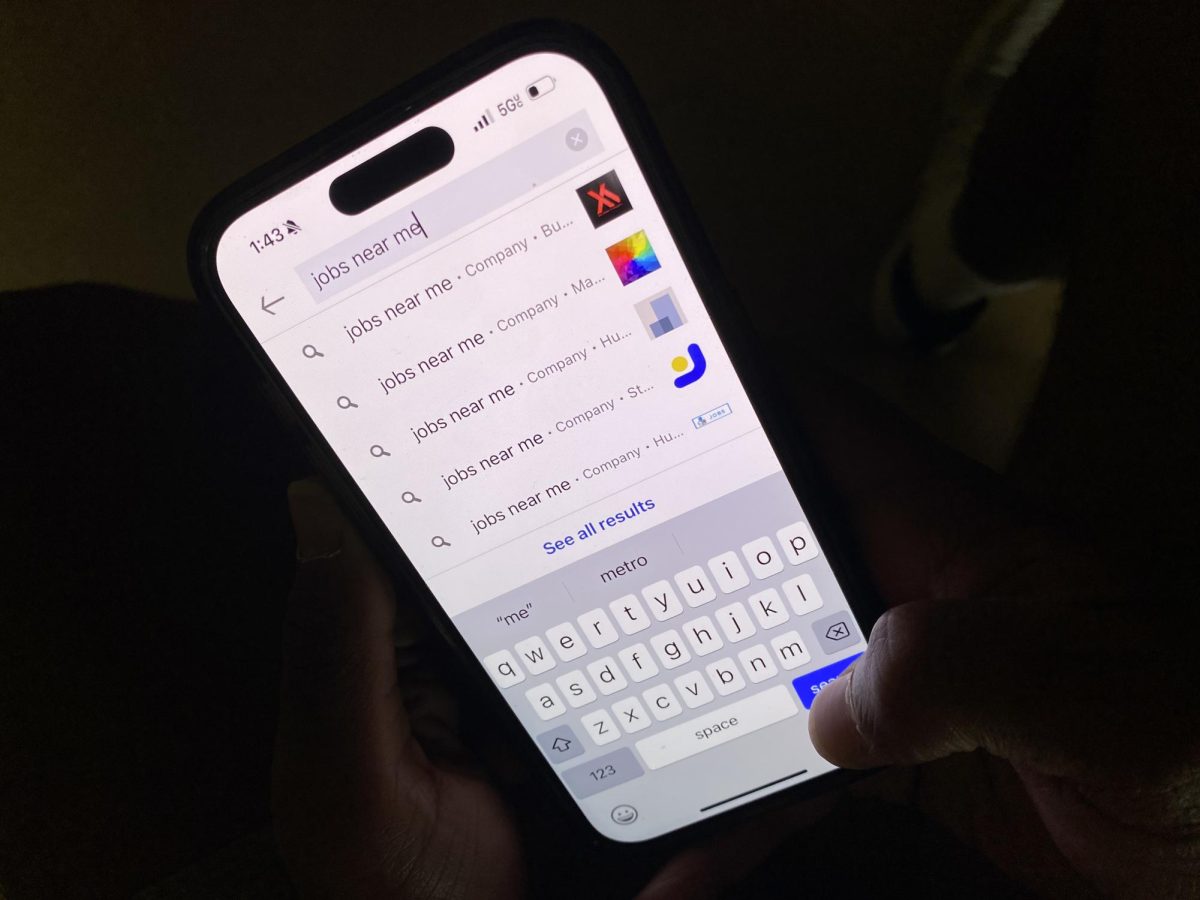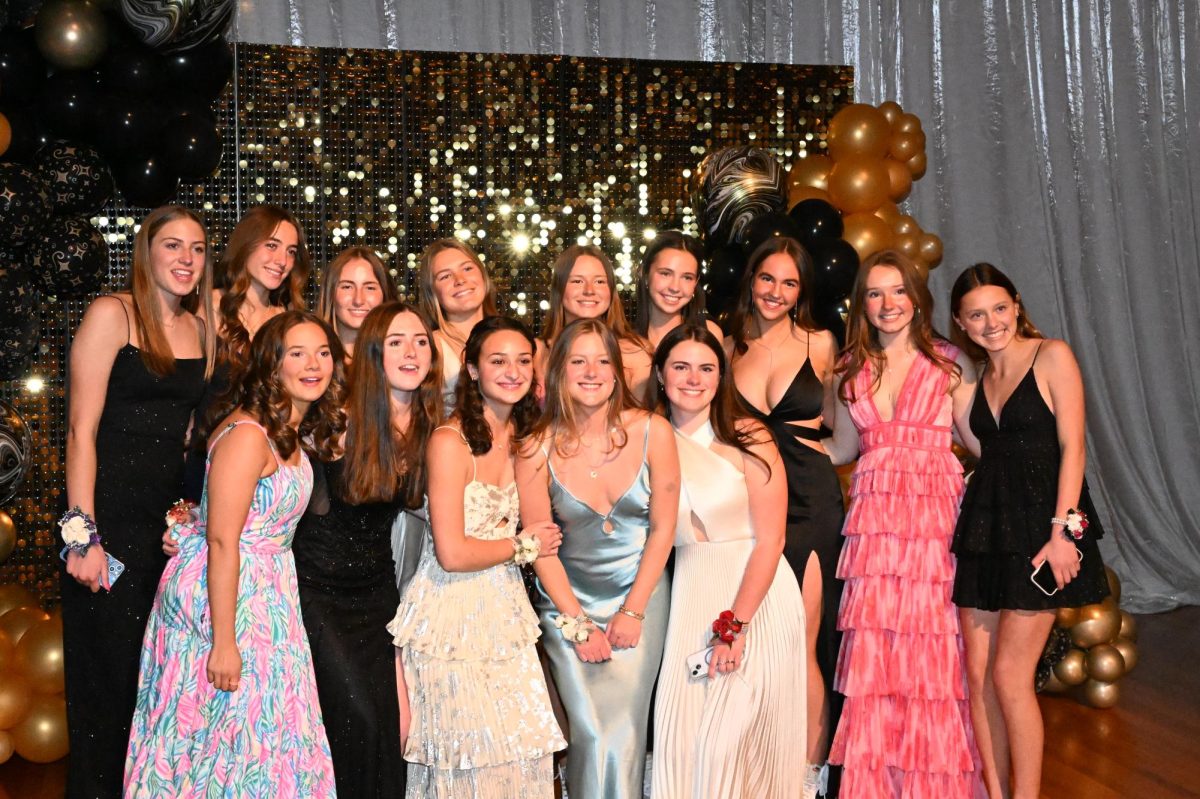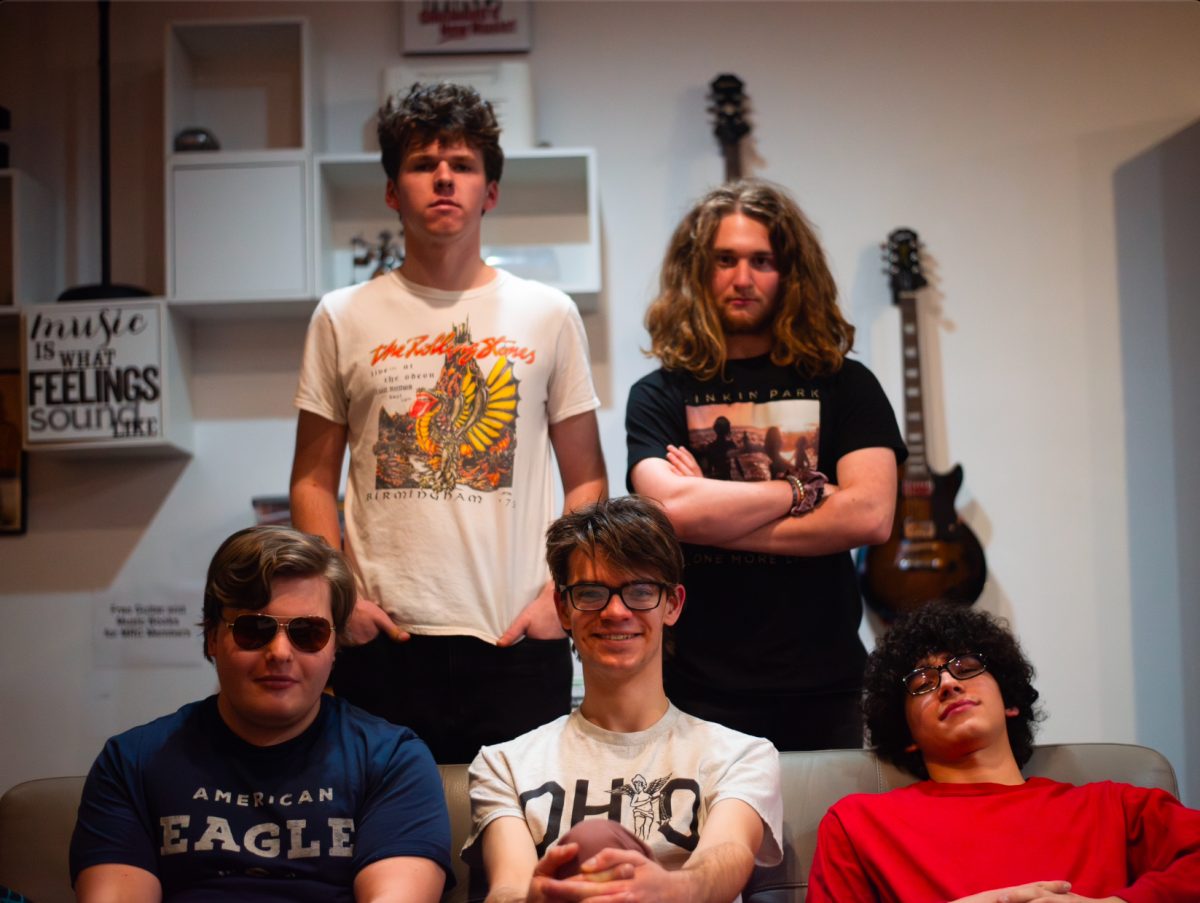Dr. Carlson isn’t just our biology teacher here at Seven Hills; he’s an ultra-endurance athlete, with various accomplishments to his name; he is the world record holder for the west to east North Atlantic row, has run across the continental United States, and recently completed the Arrowhead Ultramarathon in Minnesota; a 135 mile race through subzero temperatures.
How did your childhood and growing up contribute to your interests in nutrition and evolutionary anthropology?
I grew up in a town called Muskegon in Western Michigan, right on the lake. A lot of shoreline was preserved for recreational public spaces. When I was a kid, my parents gave me a lot of freedom and independence to go explore, so I spent much of my free time exploring those ecosystems and playing outside. That made me very physically active, which carried over into other areas of my life—I frequently rode my bike to and from school three miles away. So, when I started competing in sports in middle school, I did pretty well, which became a positive feedback loop. At the core of it, I loved play and the natural world around me; academically, I was drawn to understanding the natural spaces in our world—how they worked, how they fit together. I had become especially passionate about oceanography by the time I got to college. I felt confident I wanted a career path that would allow me to continue to learn about the natural world; academia felt like that path. But I found the day-to-day life of academic researchers wasn’t quite what I had imagined. Much of their time was spent convincing institutions to fund their research, which seemed very frustrating. Additionally, academia requires you to find a very specific area of study, and there was nothing in oceanography that inspired me in that way. Nutrition, on the other hand, felt like a subject that I was becoming increasingly interested in. As an athlete during my childhood and a competitive rower in college, I recognized that there was a connection between what I ate and how I performed. The topic felt very intimate to me; I was literally embodying the nutrients I consumed. And it also seemed easier to convince institutions to fund that research, because of the fundamental, obvious consequences of whether or not we are well-nourished. Then, as I researched further, I wanted to understand why the Western world was now experiencing such a high incidence of chronic lifestyle diseases. An evolutionary perspective seemed to be the right one—the idea of a mismatch between the environment we evolved within and the one we are creating for ourselves. It seemed compelling, and ultimately led me down that path as an academic.
Evolution is the science of adaptation to stress. What did your experiences on the rowing team at UofM teach you about this?
In middle and high school, I never learned how to work hard, to stress my body, to transform myself into a superior athlete. Back then, we believed that talent was genetic, and there was a fatalism in that. But in college, I was surrounded by a team of rowers who were simply pretty good athletes. Our coach was a genius at creating an environment where we would compete against each other and for each other. As I worked harder, I saw myself being transformed, physically and mentally, into a more resilient athlete. Again, it was very intimate, and instilled a love of challenging myself. After college, I needed a break from rowing, and decided to seek out my next pursuit. I trained for a marathon and experienced a similar process of transformation. That kicked off the post-college relationship I’ve had with seeking out challenges and transforming myself into the kind of person who can overcome them—why I run ultramarathons. When I eventually rowed across the Atlantic, it was a way of connecting ultra-endurance with my old experiences of rowing.
When faced with overwhelming stress, how do you psych yourself up to carry on?
Confidence is key, even if a little irrational. The internal belief that you are strong enough to overcome a challenge is incredibly important—it allows you to persevere in finding a solution to a seemingly insurmountable obstacle. There are massive highs and crushing lows in ultra-endurance and life; having that self-belief, not over-interpreting how you’re feeling in the moment, and understanding that you will come out of it is a must during those low moments. Ultimately, you’ll conquer it, and the more you conquer, the more confident you’ll be. Essentially, overcoming challenges is the key to gaining confidence, which is the key to overcoming more challenges. That’s how it’s worked for me.
The first time you ran Spartathlon in Greece, you stopped 60 miles in. Four years later, you came back and completed the race. What was that evolutionary process like for you?
It started with how I framed the initial failure. As one of the first times I had truly failed at anything big I had attempted, which necessitated a lot of reflection. Initially, there was a period where I felt that that one failure branded me as a failure for a period of time. But I quickly moved toward a more analytical perspective; I found I had not accumulated enough experience to know how to manage the challenges of the race—the distance, the pace runners have to move at, the temperature, the hills. I made mistakes, which led me to be physiologically unable to continue past 60 miles. So the next four years were about accumulating enough experience to be able to manage those same challenges; asking myself questions about what I needed to do to overcome them the next time. It was a long learning process, but I came through.
Do you think there are health benefits to pursuing ultra-endurance?
It’s relative. Am I in a healthier position compared to someone who doesn’t run marathons? Sure. But compared to a marathon runner who’s never done an ultramarathon? Probably not. We’re probably both in a very similar state. I’m not worse off—ultra-endurance doesn’t do my body damage. The research done on my run across the U.S. showed that there doesn’t appear to be negative consequences in terms of cardiovascular health. The key point, though, is this: does what I do confer health benefits relative to someone who is not physically active? Absolutely. There’s a kind of dose-dependent relationship in terms of the amount of physical activity someone gets and the health benefits that they accrue. There are huge benefits to even 10 minutes of physical activity relative to a completely sedentary baseline. And the more you exercise, the more benefits you see, up to a point where this growth starts to taper off—a point I’ve most certainly surpassed.
What advice would you give to people that lack motivation to maintain a healthy lifestyle?
Reflect on what you find interesting physically, and go do it. Don’t do what everyone else is doing, unless you’re engaging in those activities for genuine reasons. Especially don’t force yourself to do something you’re not excited about. Find your passions, both with respect to physical activity and otherwise, build them into your daily schedule, and look forward to doing them throughout the day. They’re what make you you, and make you interesting, and make your relationships and your life better overall. I think we also live in a world now with immediate access to the internet; inspiration is everywhere, and finding what inspires and motivates you is really important. It could be TED talks, or a loved one, or music, that whenever you listen to it, you just instantly believe in yourself, and you’re ready to go attack the world. Find that thing and surround yourself with it and everything else that facilitates the person you want to become.
You’re an academic, an AP biology teacher, a father, an ultra runner, a rower—how do you balance all of these different aspects of yourself?
It can be challenging—I actively manage them on a regular basis. Some of my biggest insecurities involve my ability to balance those identities, whether I’m in a balanced state or not. The world of ultra-endurance sports is full of amazing, quirky, eccentric people. But it’s also full of people who are quick to obsess. Many struggle with addictions of various kinds—ultrarunning is merely a healthier alternative. Everyone has their own balance, and I’m in no position to criticize, but I personally try to find a variety of things I’m interested in and explore them all. Playing with my son, talking about biology with my students, spending time with my wife; ultimately, none feel like work to me. I enjoy each and every one of those things; they’re all breaks from the others, and I look forward to them. That said, managing the balance can be really hard—it’s one of the reasons I don’t give lots of homework. Grading takes time away from other aspects of my life—my partner, my child, my other interests, etcetera. Alternatively, there are challenges that I’ve thought about taking on, but backed out of because transforming myself in that manner would take too much time away from my family, from grading, from lesson planning. Those things go on the shelf, for when the balance perhaps looks a little different some time down the road.
You drank a lot of milkshakes during your cross-US run. What’s your favorite kind?
Funnily enough, I haven’t had many since that run. Nothing wrong with milkshakes, I just haven’t had as strong of a desire. In high school, I probably had an unhealthy love affair with “Mocha-ccino” or something. Chocolate coffee. These days, I default to plain chocolate. Simple, but well done.

